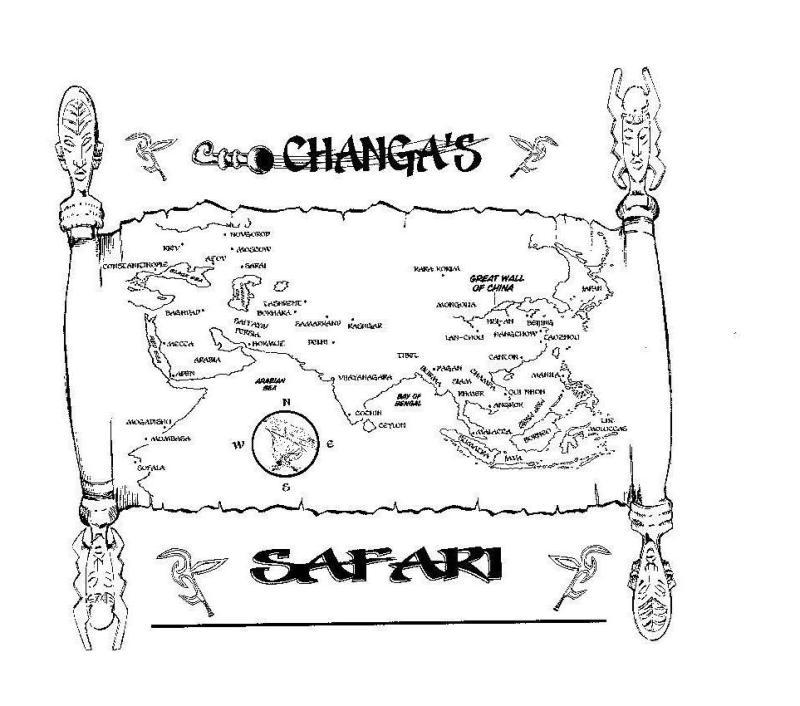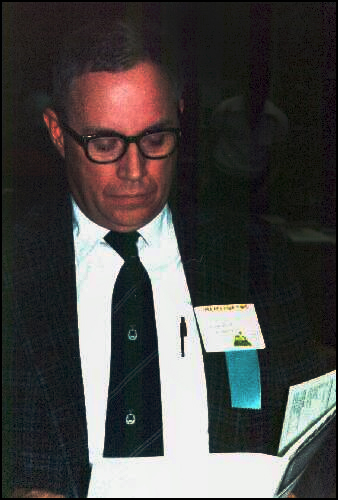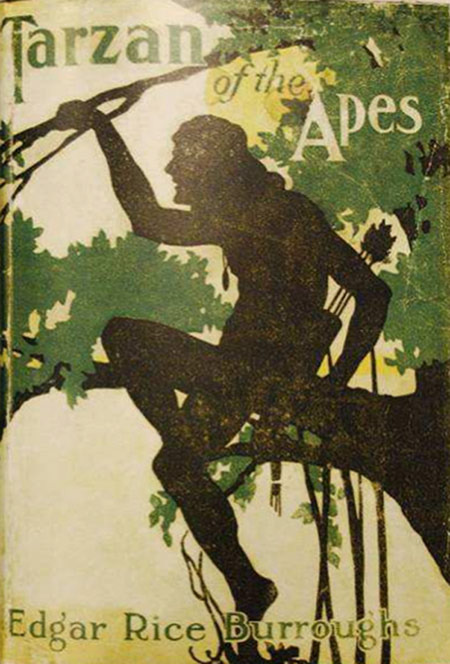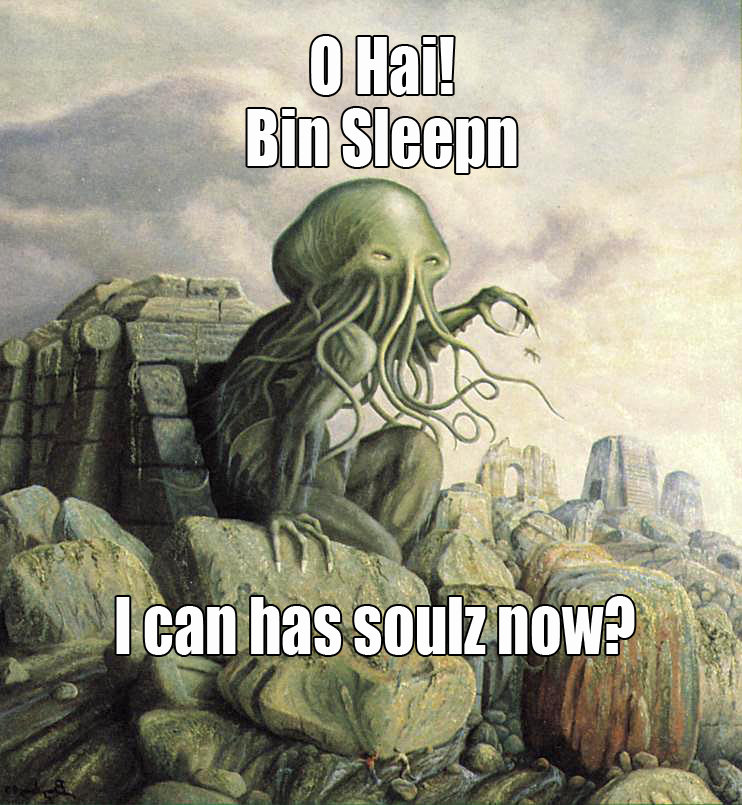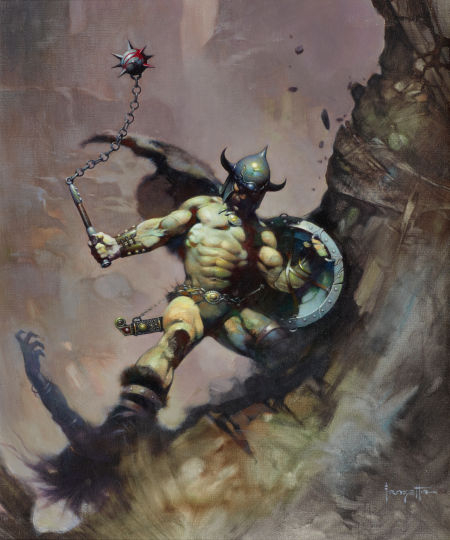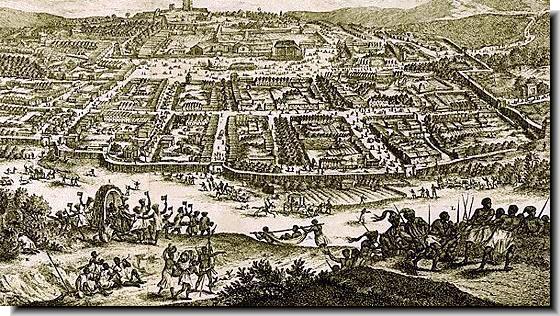Friend of The Cimmerian, Scott Oden, wanted to share his thoughts on Steve Tompkins with TC‘s readers. I think they are well worth sharing.
— Deuce Richardson
It has become something of a cliché to say that authors write for an audience of one. Clichéd, but nonetheless true. Most often, this singular audience is the author himself, but some also write for the enjoyment of another, for an individual they hold in esteem: a spouse or loved one, a friend, an old teacher. Sitting metaphorically at the author’s shoulder, this individual becomes their Ideal Reader — a person who, to quote Stephen King’s excellent On Writing, “at various points during the composition of a story, the writer is thinking, ‘I wonder what he/she will think when he/she reads this part?’ ”
Steve Tompkins was my Ideal Reader.
I never got the chance to actually meet Steve, nor were we correspondents. I knew him solely through his dense and erudite essays at The Cimmerian; essays filled with insights and deliciously turned phrases that often forced me to reach for my dictionary. From each one, I gleaned a little something about the kind of man Steve was: passionate, eloquent, and generous in both praise and criticism. The highest laurel I can lay upon his brow is to say that he was a world-class scholar of literature; as a writer in his notice, especially one newly published, that forged in me a desire to bring my best work forward.
I have two moments as a published author that I will never forget. One was hearing that my first novel, Men of Bronze, had earned a starred review from Publishers Weekly; the second was casually clicking the link from my blog to The Cimmerian blog and reading an essay wherein Steve Tompkins recommended my work. It was a heady moment, and I doubt he knew how much his approbation bolstered my self-confidence. I was a writer! And I knew it, by God, because Steve Tompkins said so!
In the end, the Fates decided to cut Steve’s life far too short. It is to my eternal regret that I didn’t take time to send Steve more than a cursory thank-you note; I regret I didn’t express how much I appreciated his kind words, and that his essays were like peripatetic sojourns into the dark heart of the fantastic. I regret I did not write faster, so he could have read The Lion of Cairo.
Most of all, I regret not letting Steve know he was my Ideal Reader.
— Scott Oden
DEUCE ADDS: The blog entries Steve wrote concerning Scott Oden’s novels can be found here and here.




